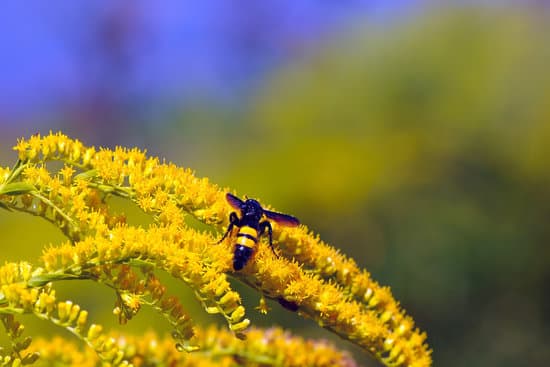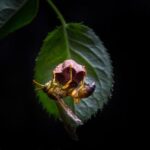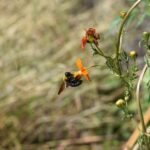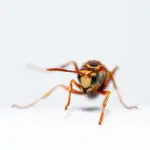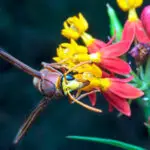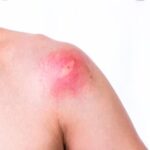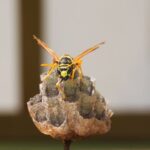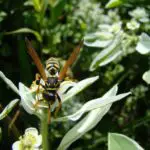Beekeepers – Why Do Wasps Attack Bees?
Whenever a colony of bees becomes weak, it is at risk of being attacked by wasps. These insects are capable of stinging and killing bees and their hives. However, some bees have evolved effective methods of dealing with hornet attacks.
If you are a beekeeper, you need to be aware of how to protect your hive from wasps. Wasps are more likely to attack people during the daytime. However, they are less active at night.
One of the most common wasps in the United States is the yellow jacket. Yellow jackets are most commonly found in lawns and porch roofs. This wasp is a predator and feeds on a wide variety of insects.
These insects can also sting humans. However, if you are attacked by a yellow jacket, you are not likely to be seriously injured. You can avoid being stung by moving away from the wasps, staying calm, and covering as much of your body as you can.
The best way to prevent a wasp attack is to remove any nests they may have built. Wasp nests are usually made of wood pulp and are visible. If you can, remove the nests when the wasps are not active.
If you are attacked by a wasp, you should not attempt to attack the wasp. The wasps will respond to your actions by releasing pheromones that will attract other insects. Be careful not to move too quickly or make any noises. This may cause other wasps to sting you.
